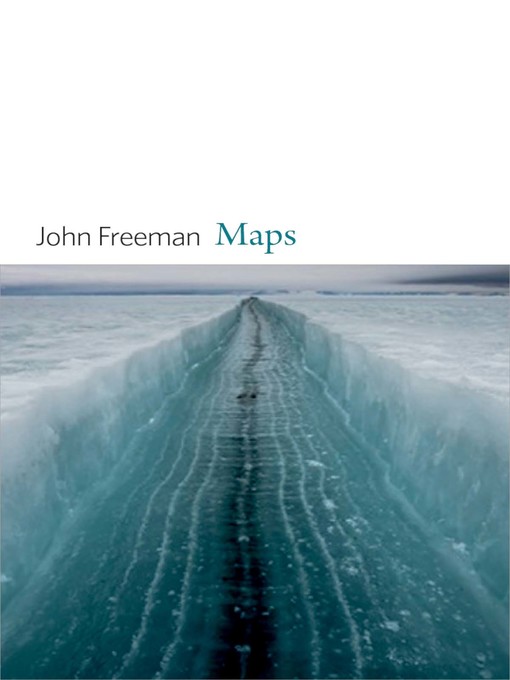
Maps
کتاب های مرتبط
- اطلاعات
- نقد و بررسی
- دیدگاه کاربران
نقد و بررسی

November 1, 2017
In his debut collection, critic/editor Freeman is at his best when he is less self-consciously purposeful and engaging; the spare language working to higher purpose. For example, in "The Boy Under the Car": "That night in Damascus/ her job was to put/ tea and cake,/ a sprig of mint,/ on a silver tray/ and walk down/ the crushed-pebble drive/ to the boy paid/ to sleep under the car." In sure strokes, Freeman delivers a world unique unto itself; the place name integral to the narrative; and his narrator a clear-eyed observer. In other poems, the poet is a more restless companion, a "Where's Waldo" figure moving from place to place, more given to gazing inward than fixing readers in time and space. As he writes in "Lacking Measures," I have been here forty days and most nights as/ the air thins/ to evening chills and the cold white lozenge of/ the moon licks/ the sky white round its edges, I try to/ understand/ why I have put myself in a place where all I can/ do is watch myself/ think. And then think about that thought." VERDICT Readers will largely be rewarded in Freeman's company, wherever the road takes him.--Iris S. Rosenberg, New York
Copyright 2017 Library Journal, LLC Used with permission.

February 5, 2018
In his debut collection, critic and editor Freeman (How to Read a Novelist) juxtaposes locales of international significance and personal remembrance in 48 minor-key snapshots that reflect his engagement with photography. The effect is that of psychological travelogue, offering layered exposures of time and place: “My father’s father rode the rails/ west into Grass Valley and buried three children/ in the shadow of a tree that spread its arms around his bakery.” Unfussy rhetoric and internal rhyme provide sturdy scaffolding as Freeman captures “stingrays black as bats” and “crutches leaned against/ the wall like rifles” with startling accuracy. Freeman largely adopts a journalistic stance, but he also delivers raw confession: “I’d stand there helpless before so much love, unable to do anything useful except/ to watch how serious it gets.” Melancholy notes accompany visual details to lend emotional resonance. “How you would have loved this,” he writes, “the waiter/ sweating his knit shirt dark.” A bit of Robert Hayden lingers in evocations of post-Depression heritage: “Wife dead, every morning/ he woke to the bread and chill, horses/ snuffling in the dark.” Freeman’s “I” operates with a sense of the collective; when he observes “hotels/ in bluish light,/ squares of ice,” readers need never have visited Oslo to agree “I’ve been here/ before” and feel less alone.

























دیدگاه کاربران